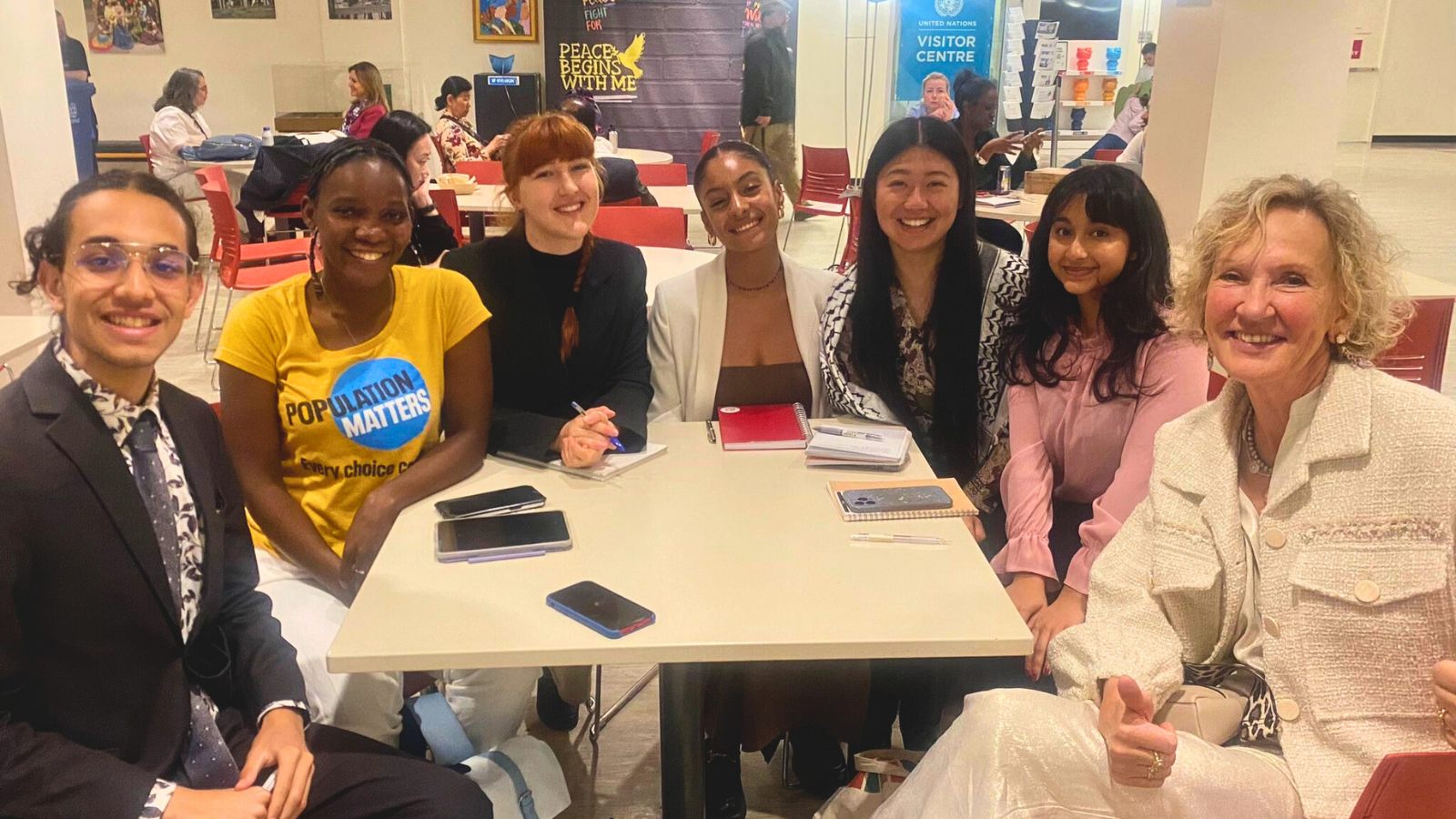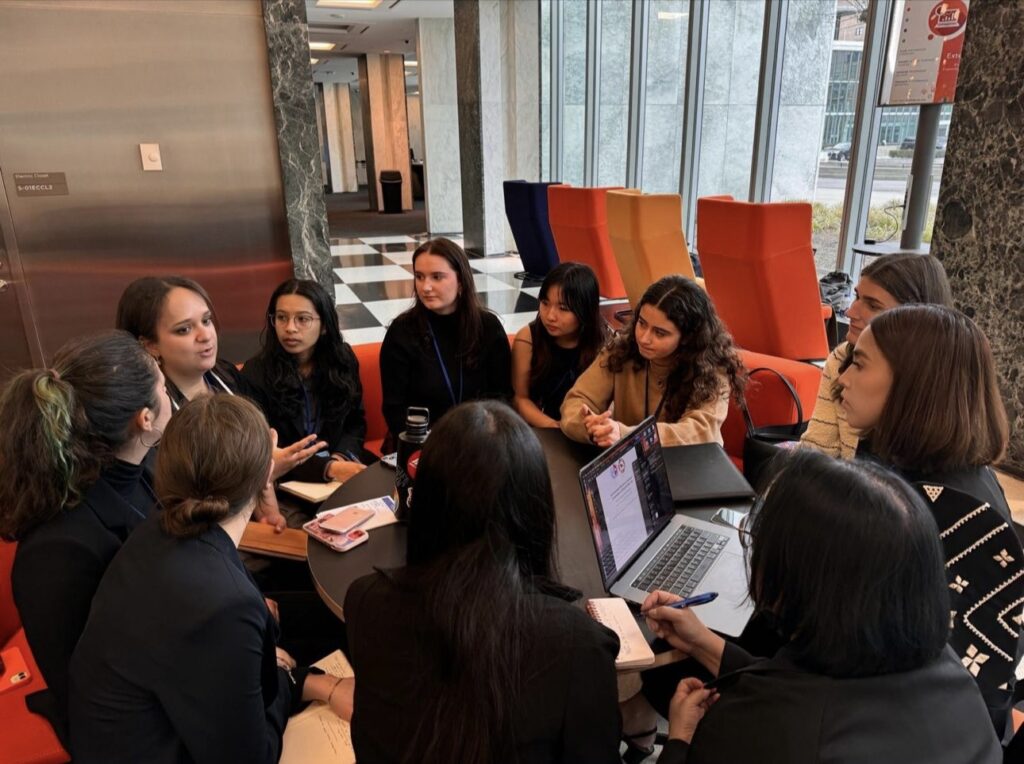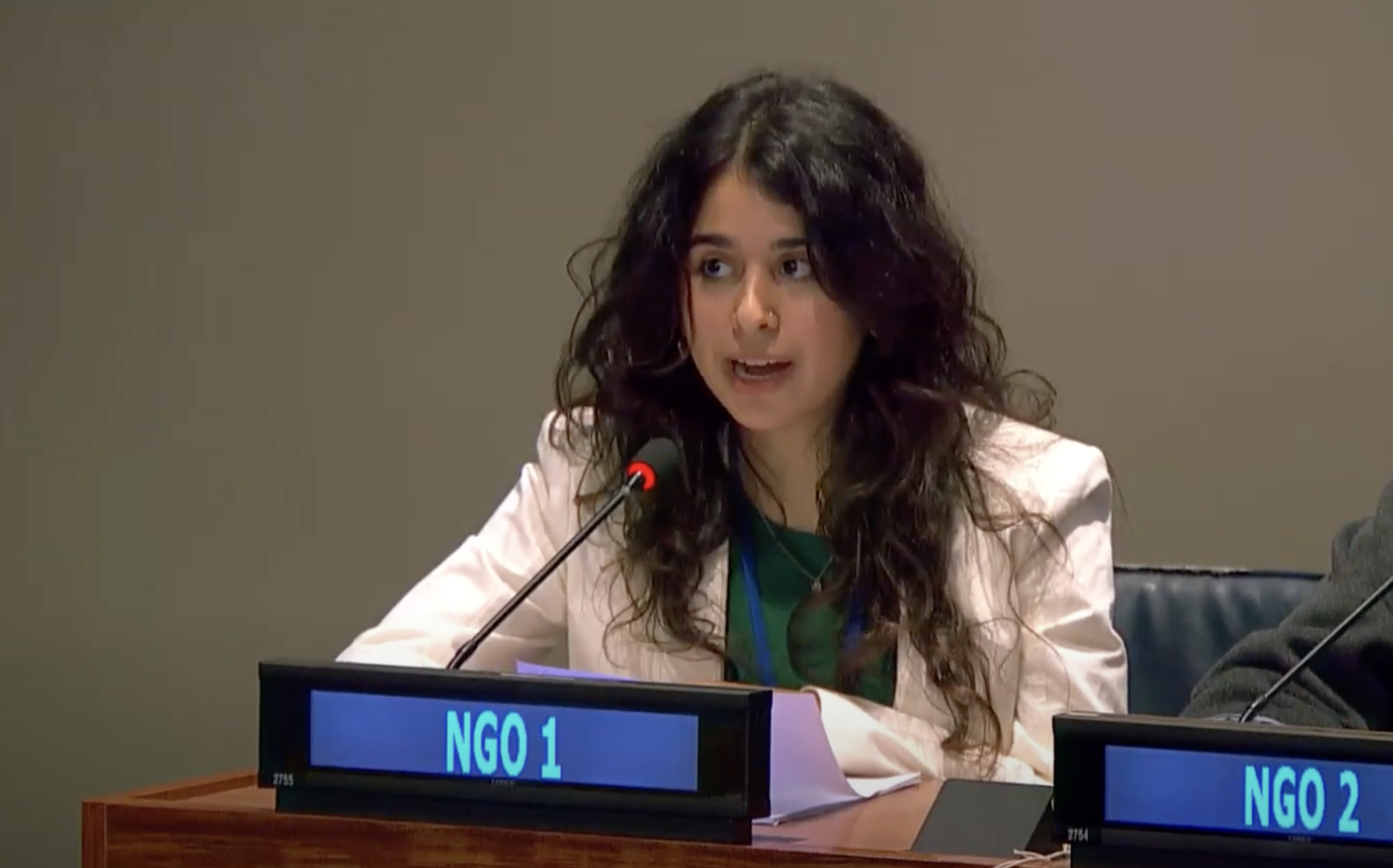
Empowering young Voices and Shaping Global Policy on International Youth Day
As we celebrate International Youth Day, the McGill Youth Advisory Delegation (MYAD) proudly reflects on its mission and the pivotal role the younger generation play in shaping youth-centred global policies.
Since being granted special consultative status with the United Nations Economic and Social Council (ECOSOC) in 2006, MYAD has been dedicated to ensuring that the voices of young people are integral to international policy discussions.
Our mission is simple yet profound: to bridge the gap between youth and policymakers. Through our work, we strive to create policies within the United Nations system that are inclusive, relevant, and effective, addressing the diverse needs and aspirations of youth around the world.

Throughout the year, MYAD conducts extensive research and advocacy, producing comprehensive policy briefs for key UN commissions, including the Commission on Social Development, the Commission on the Status of Women, and the Commission on Population and Development.
Our mission is simple yet profound: to bridge the gap between youth and policymakers.”
Inclusive and informed policymaking
In addition to our global advocacy efforts, MYAD is committed to fostering inclusive and informed policymaking at the local level. We host community consultations and workshops in the Montreal area, providing platforms for local youth to articulate their views and experiences. This approach ensures that our advocacy is grounded in real-life experiences, enhancing our credibility and demonstrating the direct impact of youth contributions on policy development.
Now more than ever, governments and powerful figures often portray youth as a security threat, viewing our activism as a challenge to be managed or suppressed. However, we must move away from the narrative that focuses on youth as a problem to be solved, as this narrative overlooks the profound potential and unique insights that young people, in all their diversity, bring to the table.

Historically, youth have been at the forefront of challenging entrenched systems of power, advocating for political inclusion, health and sexual rights, climate justice, and education, all in the pursuit of equitable and just societies. Our activism is not a threat but a crucial force for positive change, driven by a deep understanding of the issues that affect us and the innovative solutions we bring forward.
Intergenerational dialogue
Intergenerational dialogues are essential for creating legitimacy in policy-making. These dialogues bridge the generational divide, fostering mutual understanding and respect. Despite bearing the brunt of insecurity and escalating conflict, young people are largely excluded from the policies and decisions that will shape their future.
Currently, there is a significant lack of dialogue between youth and older generations, which leads to misunderstanding and fear. This fear often manifests as resistance to change and reluctance to incorporate and embrace new ideas. By promoting intergenerational dialogues, we can combat these fears, ensuring that policies are informed by diverse perspectives and experiences.

Meaningful youth engagement in policy-making is not just beneficial; it is imperative for building a sustainable and equitable future. Without the insights and energy of young people, policy-making risks becoming disconnected from the realities and needs of the broader population, hindering progress and innovation.
As we mark International Youth Day, MYAD is excited to work alongside passionate youth around the world who strive to make positive change. By championing youth-centric policies, we contribute to the creation of a more equitable world where all voices are valued.
Working together and standing alongside youth strengthens our collective efforts and enhances our ability to shape a brighter future. We encourage everyone to engage with and support a wide range of youth advocacy initiatives, promoting a unified effort to empower today’s youth to lead us toward a brighter future.
_________________________________________________
This article was written by the McGill Youth Advisory Delegation’s Branding Officer, Victoria Forte.
Guest blogs do not necessarily represent the views of Population Matters.
